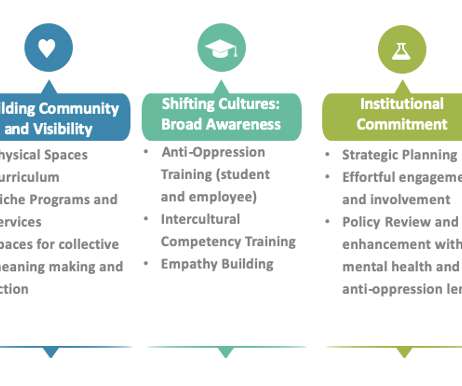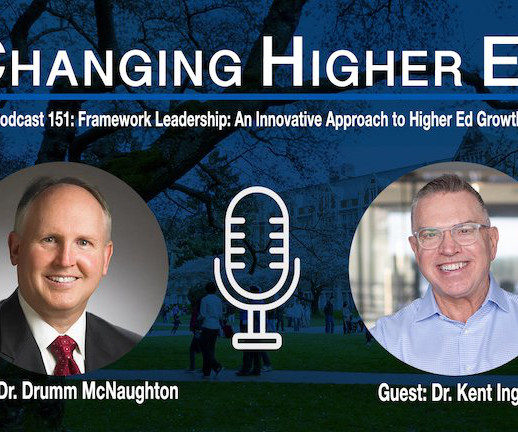Will You Still Respect Me If I Am Not Overwhelmed?
The Scholarly Teacher
DECEMBER 23, 2021
Higher education has a long history of expecting faculty members to do a lot, and then to do more—to accept one more committee assignment, advisee, or course overload. As a result, faculty members find themselves mired in tasks that are vitally important to someone. He asked how I was doing. That put me on my heels.













Let's personalize your content